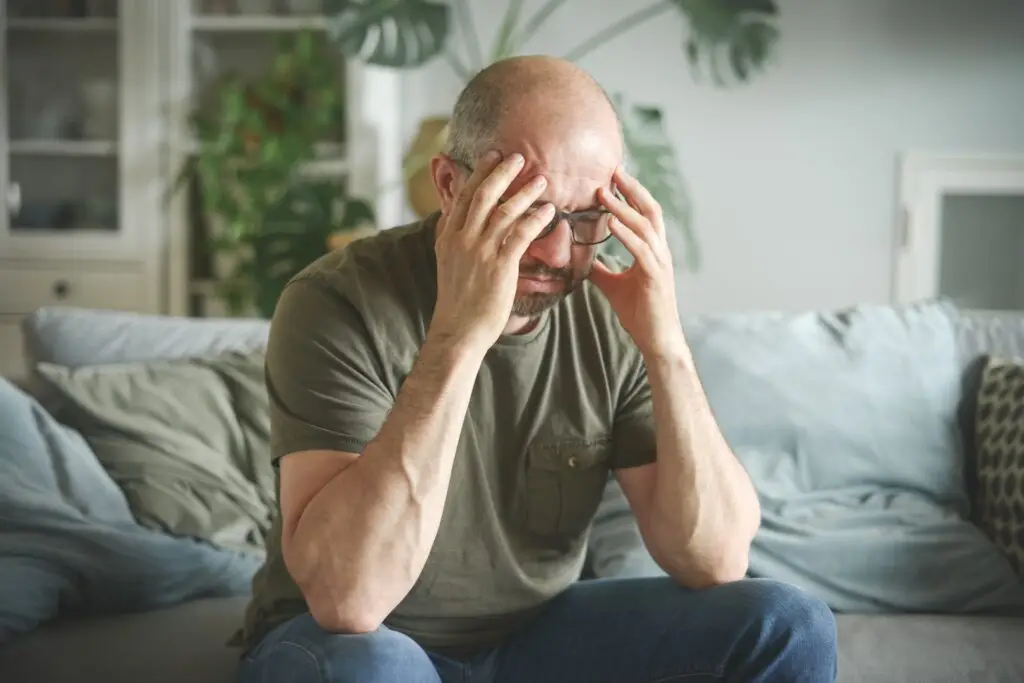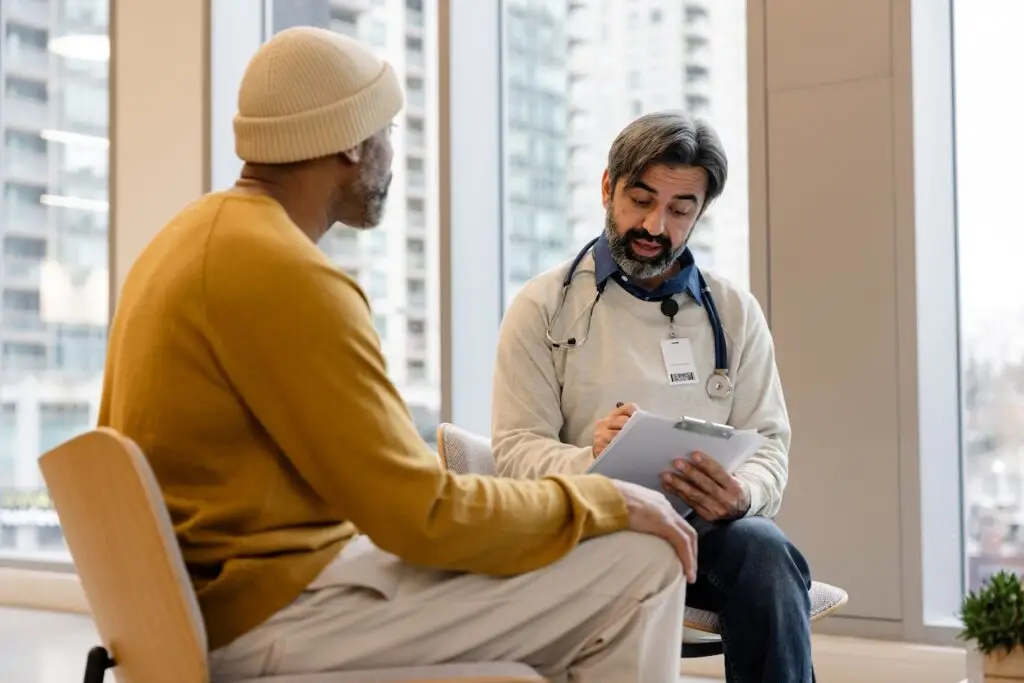Prostate cancer myths vs. facts
We asked three medical oncologists from top institutes to address some of the myths they hear about prostate cancer and what they’d like people with prostate cancer to know. Keep reading for invaluable insights transcribed from our conversations with Dr. Atish Choudhury at Dana-Farber Cancer Institute, Dr. Jacob Berchuck at Winship Cancer Institute of Emory University, and Dr. Xin Gao at Massachusetts General Hospital.
The following questions and responses have been lightly edited for grammatical purposes.
What are some of the myths you hear about prostate cancer? What would you like people diagnosed with prostate cancer to know?
Dr. Atish Choudhury: There are so many myths about prostate cancer. There’s a myth that it’s always slow-growing, doesn’t need to be treated, and can be watched. Our job as the treating physician is to individualize our plans. What are the tools we use to understand how aggressive prostate cancer has the potential to be and is something that requires treatments? Or is it something that we can watch or somewhere in the middle?
Evidence-based guidance powered by NCCN Guidelines®
Personalized treatment plans shaped by the latest oncology standards—tailored to your diagnosis.
Get started
View your personalized treatment plan in the Outcomes4Me app
Use your diagnosis to unlock personalized NCCN Guidelines®-aligned recommendations.
Continue in app
There are all sorts of general myths about cancer that float around. There are myths about diet and that sugar feeds cancer directly. That’s not exactly true although diet is a really important component of the management of our patients.
There are also a lot of myths around supplements like using marijuana and other vegetable products to treat cancer. Most of those are peddled by people who are trying to sell products and trying to separate cancer patients from their money. We try to give our best evidence on how diet, fruits, vegetables, phytonutrients, and all of those things play a role in the management of our patients.
Dr. Jacob Berchuck: There’s a myth that men will be symptomatic or have symptoms that they’re experiencing at the time of diagnosis. For most men, that’s actually not the case. The reason I think this is so important is that it really underscores and highlights the importance of prostate cancer screening. What I mean by that is we’re really fortunate to have a cancer screening test for prostate cancer. It’s a blood test called PSA, which stands for prostate-specific antigen. It’s a simple blood test that turns around in the lab within a couple of hours. It’s basically a test for a protein that’s only made by prostate cells. You can expect that as prostate cancer grows and as those cells expand, protein will go up and we can detect that in the blood. Now it’s not a perfect test. I want to be very clear about that. The USPSTF, which is the organization that sets screening recommendations in the United States, does recommend that men in their fifties and sixties undergo prostate cancer screening with the PSA blood test.
The thing that makes me the saddest in caring for men with prostate cancer is when men are diagnosed with advanced, incurable prostate cancer, where we’ve missed the window to cure. For men who undergo prostate cancer screening with PSA, that almost never happens. I think the real myth I want to dispel is that prostate cancer has symptoms at diagnosis. We can detect it when it’s asymptomatic and early and has a high chance of cure.
Dr. Xin Gao: [Prostate cancer] is such a common cancer. It’s the most common cancer in American men outside of skin cancers. I think almost everybody has heard something about it, knows something about it, and many people know somebody with it. There’s a lot of information out there, and for the most part, that’s a good thing, but it’s important to understand there’s a big range in terms of prostate cancer. When you say “prostate cancer,” yes, you know it, but it’s a huge range in terms of what a particular person might be dealing with. One person’s prostate cancer can be very different from somebody else’s and there’s a huge gamut in between. So understanding that not all the information out there is going to be exactly relevant to one person’s specific case is important and to take things in the context of the individual’s diagnosis.
If you would like to connect with an Outcomes4Me oncology nurse practitioner at no charge through the Outcomes4Me app, using the “Ask Outcomes4Me” button.
Personalized support for real care decisions
Understand your diagnosis, explore clinical trials, and track symptoms--all in one place.
Get started
Compare treatments, prepare for appointments, and track side effects—all in the app
Built for your diagnosis, Outcomes4Me gives you the tools to make confident, informed decisions—right when you need them.
Continue in app






